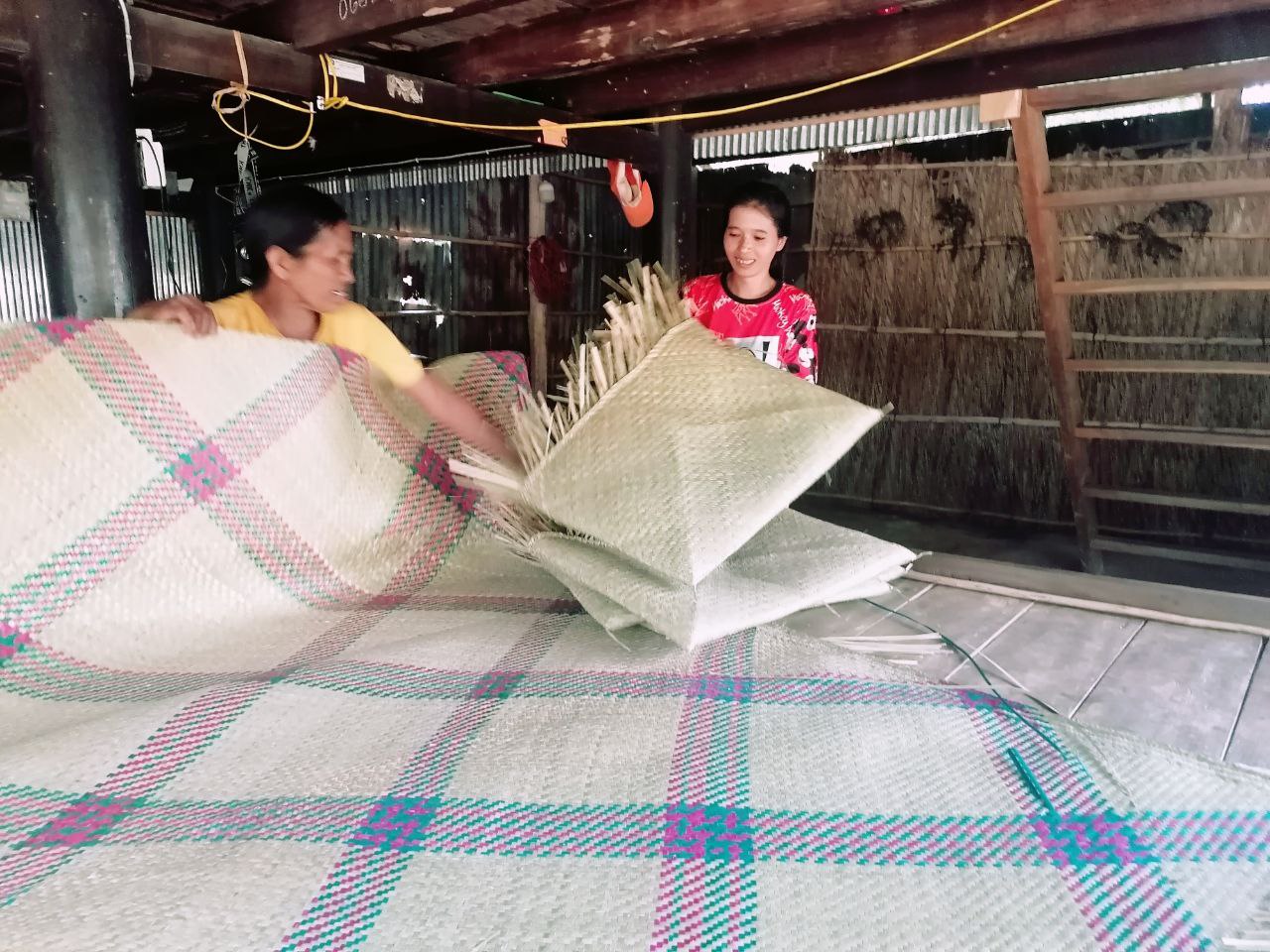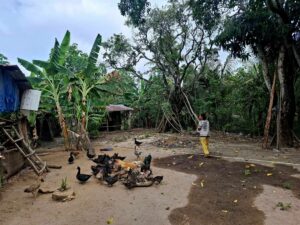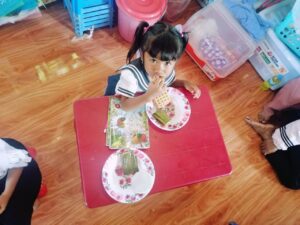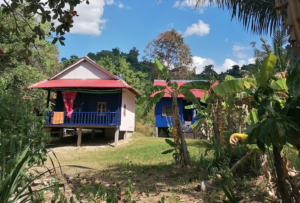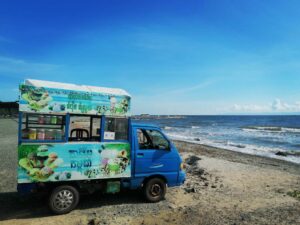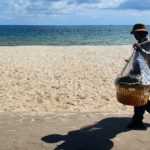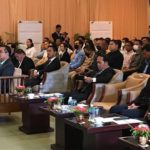While livelihoods and poverty reduction remain top priority concerns, we must recognize that economic development, as we know it via industrialization, is unsustainable in a world with limited resources. The promotion of a green economy and the empowerment of grassroots communities are viable alternatives to the capitalist-industrial development model.
The so-called Western “experts” in the field of “international development’’ established, disseminated, and continue to impose their visions of progress in Southeast Asian, African, and Latin American countries. I dispute the usual conception of “development” as a material or economic and unidirectional process. My perspective contradicts the assumption that local communities should be “developed” from the outside rather than “developing’’ out of themselves. I believe that we cannot work on poverty reduction in countries of the Global South without first addressing the root causes of poverty in a world system established and maintained by the affluent Global North.
My first point is that relying too much on economic growth to define “development” is a destructive idea. For decades, industrialized economies have exacerbated socio-economic disparities and environmental problems. Economic growth, which is strongly related to increased production, consumption, and resource usage, has historically had negative consequences for the natural environment and human health. Consequently, countries’ attempts to emulate the North’s economic model end up causing equal damage. Without a doubt, growth driven by capitalism is not a universal model of development that should be followed around the world.
This observation leads to the second point. The assumption that Western economic systems serve as universal models for everyone else follows a neo-colonial line of thinking. Initially, the term “development” itself suggests a hierarchy of “developed” and “developing’ countries. In that sense, aid interventions frequently maintain uneven power relations between the Global North, which is typically regarded as “advanced,” and the Global South, which is viewed as “backward” or “primitive.” Furthermore, economic development is often less about human improvement and more about control and domination. Indeed, it requires the exercise of power to intervene, to transform and, to rule.
Having said that, I would like to move beyond criticism and outline alternative solutions. The notion of “grassroots development” puts forward the idea that communities across the world should be free to pursue their own development paths as they choose. Rather than “one size fits all,” development programs must be tailored to the historical, cultural, and geographical contexts of the people they impact. ‘’Grassroots development’’ offers a more people-centered option, by acknowledging a diversity of cultural points of view and values. It challenges traditional models of aid by allowing communities to take the lead. Instead of a top-down approach, the communities are in charge of designing solutions to the issues they identify in a bottom-up manner.
As an example of a top-down approach, a neocolonial economy is one that exploits people for foreign profit. Economic sectors such as fossil fuels and fast fashion destroy the environment while creating harsh working conditions for workers in poor countries who are often mistreated in manufactories. A bottom-up strategy, on the other hand, is concerned with identifying opportunities for development in collaboration with those participating in initiatives. For example, Action Education/Aide et Action’s (AEA) CO-SAVED project, which is co-funded by the EU, supports local initiatives. The ambition is to increase the business potential of small producers such as craftswomen who weave mats, bags, and other things.
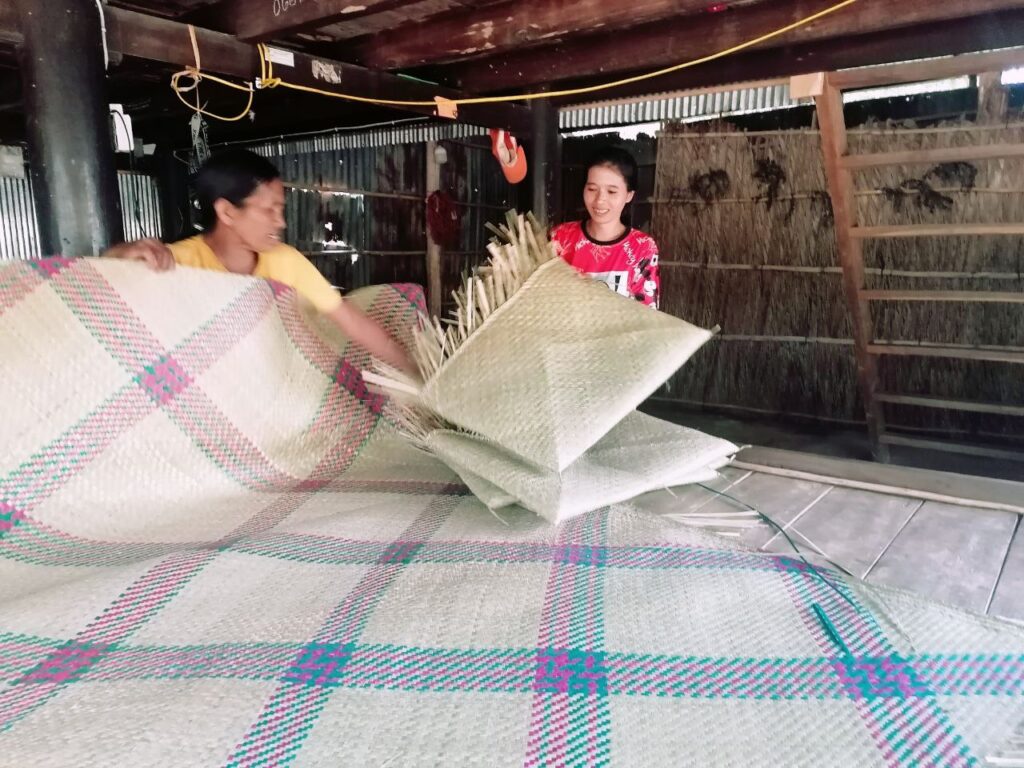
Another alternative to traditional development is “green growth,” which incorporates environmental considerations into the equation of development. Promoting ecologically friendly items, such as straw bags made by Cambodian craftswomen from home, is about marketing the experience of living green in sustainable societies. This is important because addressing climate change and environmental degradation requires significant adjustments in the Global North’s consumption habits and social activities.
This transformation may include a search for better lifestyles in the Global South as sources of inspiration. Thus, sustainability does not only require funding for local communities but also the empowerment of their global influence. Specifically at AEA, we want to increase the role and voices of community members, women in particular. One significant way to empower them is through education. Acknowledging that people rely on one another in an interdependent world, we also believe the natural capital of Cambodia should not be underestimated.
In practice, the CO-SAVED project focuses on economic transformation on the ground. For example, fishing is essential to the local economy of coastal towns, yet marine and aquatic habitats are under threat due to climate change, illegal fishing, and pollution. We thus support fishing communities to develop eco-tourism, which is a type of ocean economy that minimizes the negative impact of tourism and promotes environmental conservation, and social responsibility. To be clear, we want to replace destructive economies with environmentally friendly ones such as the production of biodegradable products, clean energy or eco-tourism.
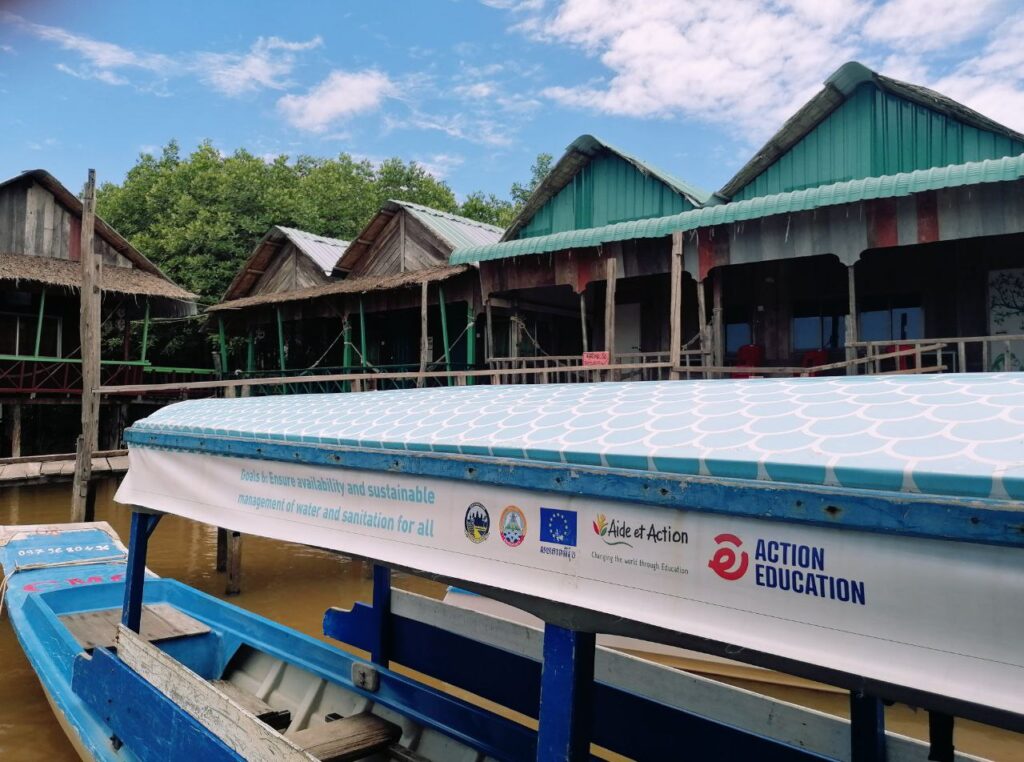
Today, our question is not how to deliver development interventions but how to think and work together. Because we cannot entirely reject the reality of the liberal economic paradigm, nor do we support radical ideas to intentionally destroy it, we focus on bridging ideas. As an international NGO, we seek to connect dreams and realities, local and global players, systems, and ideas. In the Global North and in the Global South, people share similar aims to achieve sustainability goals. We think of poverty reduction, the growth of local enterprises for long-term income generation, and environmental protection.
Disclaimer: The opinions expressed in this blog post are postcolonial and those of the author. They do not purport to reflect the opinions or views of AEA or its partners.
